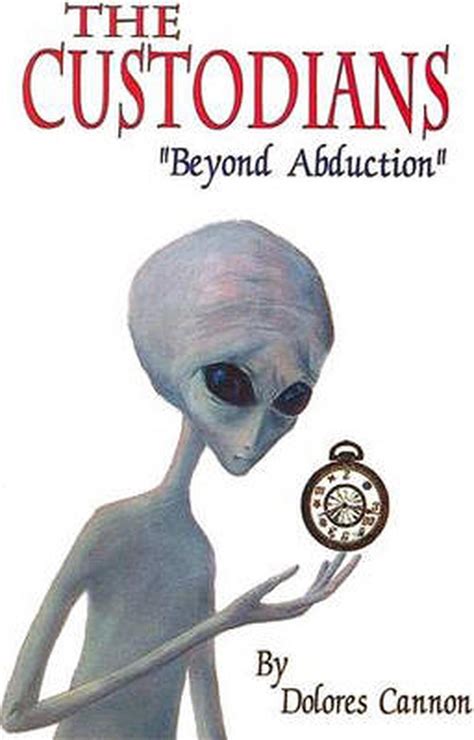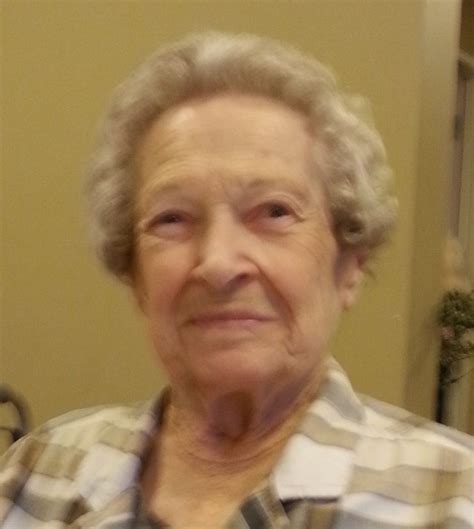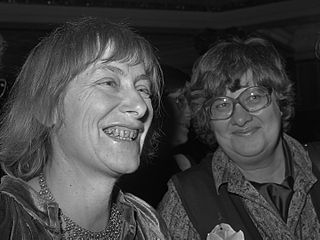A Quote by Stephen Covey
The more aware we are of our basic paradigms, maps, or assumptions, and the extent to which we have been influenced by our experience, the more we can take responsibility for those paradigms, examine them, test them against reality, listen to others and be open to their perceptions, thereby getting a larger picture and a far more objective view.
Related Quotes
Now, we don't really believe these things - intellectually we know better - but we believe them viscerally, and live by them, and they cause us to prioritize our own needs over the needs of others, even though what we really want, in our hearts, is to be less selfish, more aware of what's actually happening in the present moment, more open, and more loving.
As the New Earth approaches, our way of thinking is being challenged more and more. The Veil is thinning and lifting as our consciousness expands. This is a requirement for entering the new dimension with the raising of our vibrations and frequencies. The old paradigms and archaic belief systems must fall to the wayside to make room for the new.
The more we love God the more we will obey. The more we obey the more we will be aware of the reality of Christ in our lives. The more we are aware of Christ in our lives, the more victory we will experience. The more victory we experience, the less difficult the choices are and the less conflict we have within ourselves.
Really living like Christ will not mean reward, social recognition, and an assured income, but difficulties, discrimination, solitude, anxiety. Here, too, the basic experience of the cross applies: the wider we open our hearts to others, the more audibly we intervene against the injustice that rules over us, the more difficult our lives in the rich unjust society will become.
I see the Christian world like this: we've inherited a divided map of the truth, and each of us has a piece. Our traditions teach us that no one else has a valid map and that our own church's piece shows us all the terrain and roads that exist. In fact, there is much more terrain, more roads, and more truth for us to see if we can accept and read one another's maps, fitting them together to give us a clearer picture of the larger Christian tradition.
We depend on our words... Our task is to communicate experience and ideas to others. We must strive continually to extend the scope of our description, but in such a way that our messages do not thereby lose their objective or unambiguous character... We are suspended in language in such a way that we cannot say what is up and what is down. The word "reality" is also a word, a word which we must learn to use correctly.
Surprisingly, it's forgiveness, not guilt, that increases accountability. Researchers have found that taking a self-compassionate point of view on a personal failure makes people more likely to take personal responsibility for the failure than when they take a self-critical point of view. They also are more willing to receive feedback and advice from others, and more likely to learn from the experience.
Paradigms power perception and perceptions power emotions. Most emotions are responses to perception - what you think is true about a given situation. If your perception is false, then your emotional response to it will be false too. So check your perceptions, and beyond that check the truthfulness of your paradigms - what you believe. Just because you believe something firmly doesn't make it true. Be willing to reexamine what you believe.


































